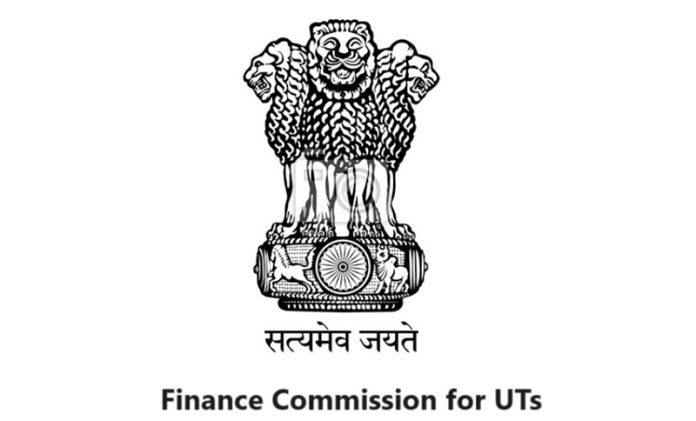The President, pursuant to the counsel of the Union Ministry of Home Affairs, has constituted a Finance Commission geared towards the Union Territories of Andaman and Nicobar Islands, Dadra and Nagar Haveli, Daman and Diu, Ladakh and Lakshadweep. This proclamation assumes paramount significance, particularly in light of the diverse characteristics of UTs. While other UTs boast a time-honoured establishment, Ladakh, a relatively nascent entrant, stands at an incipient stage of development. Laden with distinctive advantages and drawbacks, the region grapples with formidable challenges, ranging from inclement weather conditions and rugged terrain to a sparse populace spread across an expansive geographical expanse. The idiosyncrasies of Ladakh, encompassing its unique topography and climatic extremities, necessitate a nuanced approach to determining financial assistance. The region’s remoteness and paucity of industrial avenues further compound the intricacies, rendering Ladakh a singular and intricate case vis-à-vis its UT counterparts. The inclusion of a Jammu and Kashmir cadre IAS officer in the convened panel augurs well for advocating the distinctive considerations pertinent to Ladakh, potentially steering the discourse in its favour.
The Government’s steadfast commitment to optimising returns on investment underscores a zealous pursuit of fiscal prudence. Commendable reforms, such as the imposition of property taxes, underscore a proactive stance in governance. The stipulated nine-month timeframe allocated to the panel underscores a meticulous examination of every facet, with particular scrutiny directed towards grants disbursed to municipalities, Urban Local Bodies (ULBs), and Panchayats. The confluence of factors necessitates an assiduous evaluation, particularly in ensuring the relentless momentum of developmental initiatives. Concurrently, a vigilant appraisal of revenue generation becomes imperative, delineating a pragmatic strategy to sustain various local bodies. The imperative lies in circumventing a sole reliance on central grants, thereby fortifying the financial autonomy of Ladakh’s administrative entities. In this epoch of ceaseless evolution, the crux of success lies in fostering self-sufficiency. Notwithstanding, the unique circumstances surrounding Ladakh’s developmental landscape warrant a judicious equilibrium. The region is poised to secure its equitable allocation, cognizant of the exigencies it confronts.


